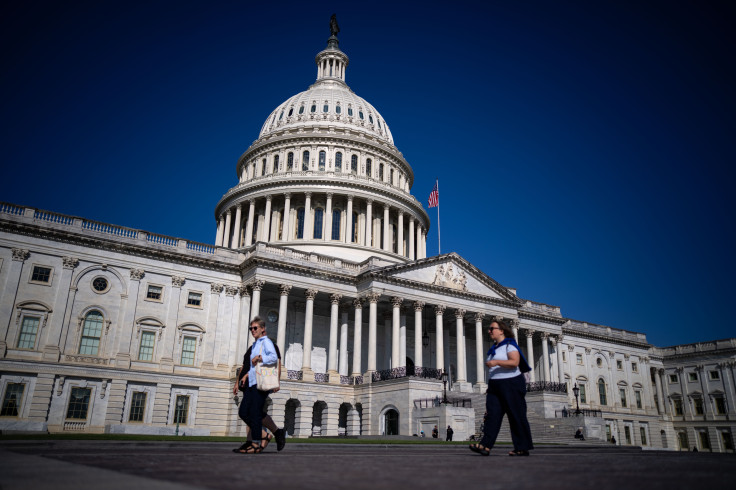
Control of the House of Representatives remains uncertain as Americans cast votes on Tuesday and several incumbents from both the Democratic Party and the GOP are at risk of losing their seats. Analysts suggest the results could come down to the wire in several races which, along with slow counting in certain states and potential legal challenges, could leave the 218-seat threshold needed for a majority unresolved well beyond election night.
As it stands, Democrats need to pick up five additional seats to regain the majority, while Republicans aim to expand their slim lead even further. Each side anticipates close races, as purple districts are highly polarized and may once again see razor-thin results. In 2022, Republicans won several of the closest House races with a combined margin of fewer than 7,000 votes, and strategists on both sides suggest a similar outcome could unfold.
The slow counting processes in states like California, Washington, and Oregon—where mail-in ballots postmarked by Election Day are accepted up to seven days later—could delay results, according to The Hill, with analysts predicting it could take several weeks for the full landscape to flesh out.
California alone hosts six of the 15 most hotly contested seats, including GOP-held districts by Reps. John Duarte, Mike Garcia, and David Valadao, where final results could take until late November to be determined. Some races, such as Washington's 3rd and Oregon's 5th, are likely to remain in limbo as well. Pennsylvania's vote-counting rules, which prevent early processing of mail-in ballots, could add further delays, especially with incumbents in highly competitive districts.
Virginia, Iowa, and Michigan, while typically faster-counting states, also have highly competitive races that may take longer to call. "I don't think any of us would be surprised if we didn't have declared winners in Virginia and Iowa on election night," an anonymous Democratic strategist told The Hill. "That's how close, generally, the whole map is."
Without control of the House, the winner of the presidential race will face significant hurdles in implementing a legislative agenda. "The days of a 230, 240 majority are gone," an anonymous GOP strategist familiar with House races told The Hill. "So, it's going to be a small majority for whoever wins."
Uncertainty could extend to leadership elections for the next Congress, especially on the Republican side. Current Speaker Mike Johnson may face challenges within his party if Democrats secure a House majority, and a potential leadership race for the minority leader position looms.
Without control of the House, the winner of the presidential race – whether it be Kamala Harris or Donald Trump – will face significant hurdles in implementing a legislative agenda. Beyond legislative implications, the upcoming Congress will have the task of, for example, certifying the 2024 presidential election results in January.
© 2025 Latin Times. All rights reserved. Do not reproduce without permission.




